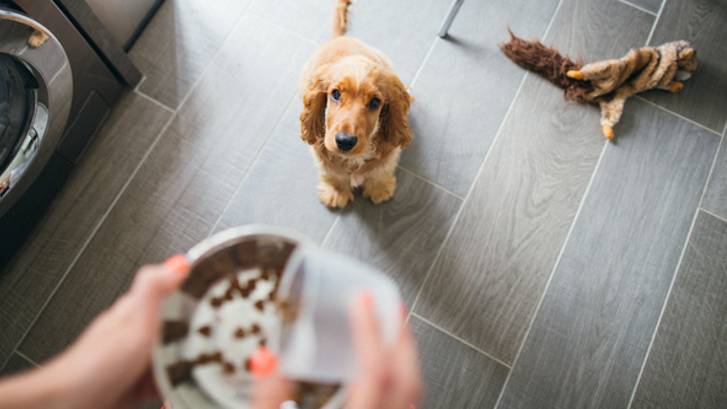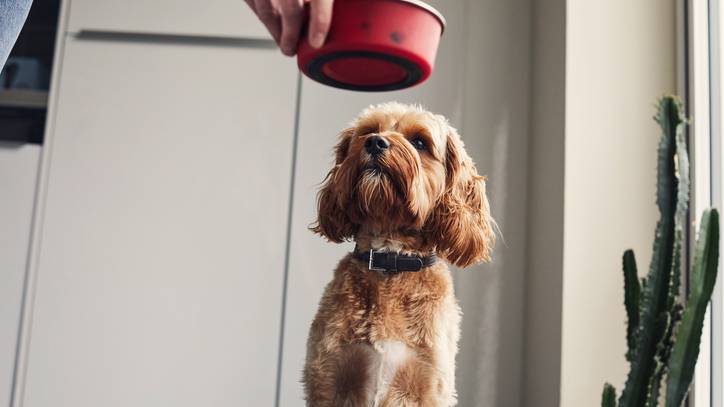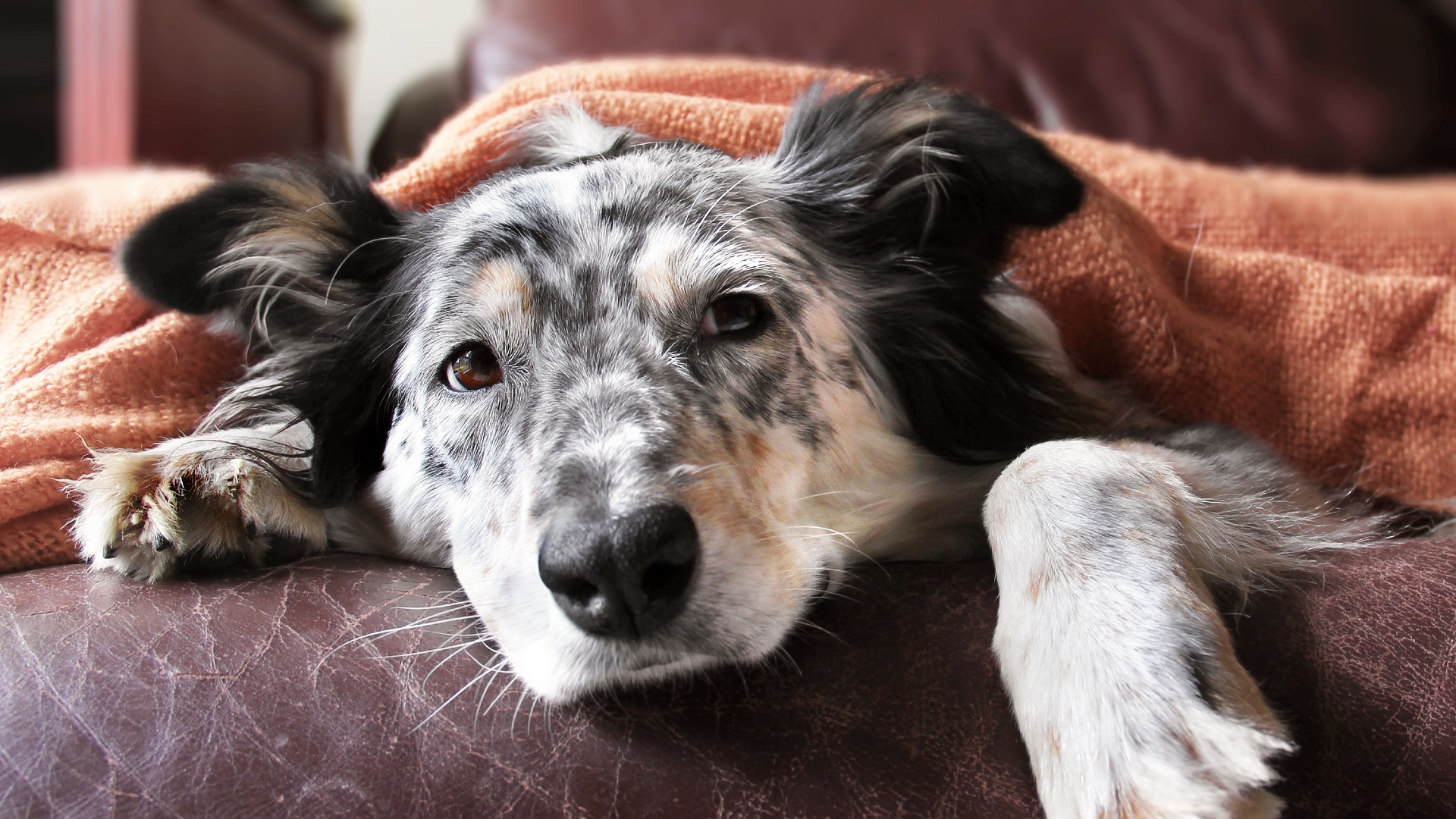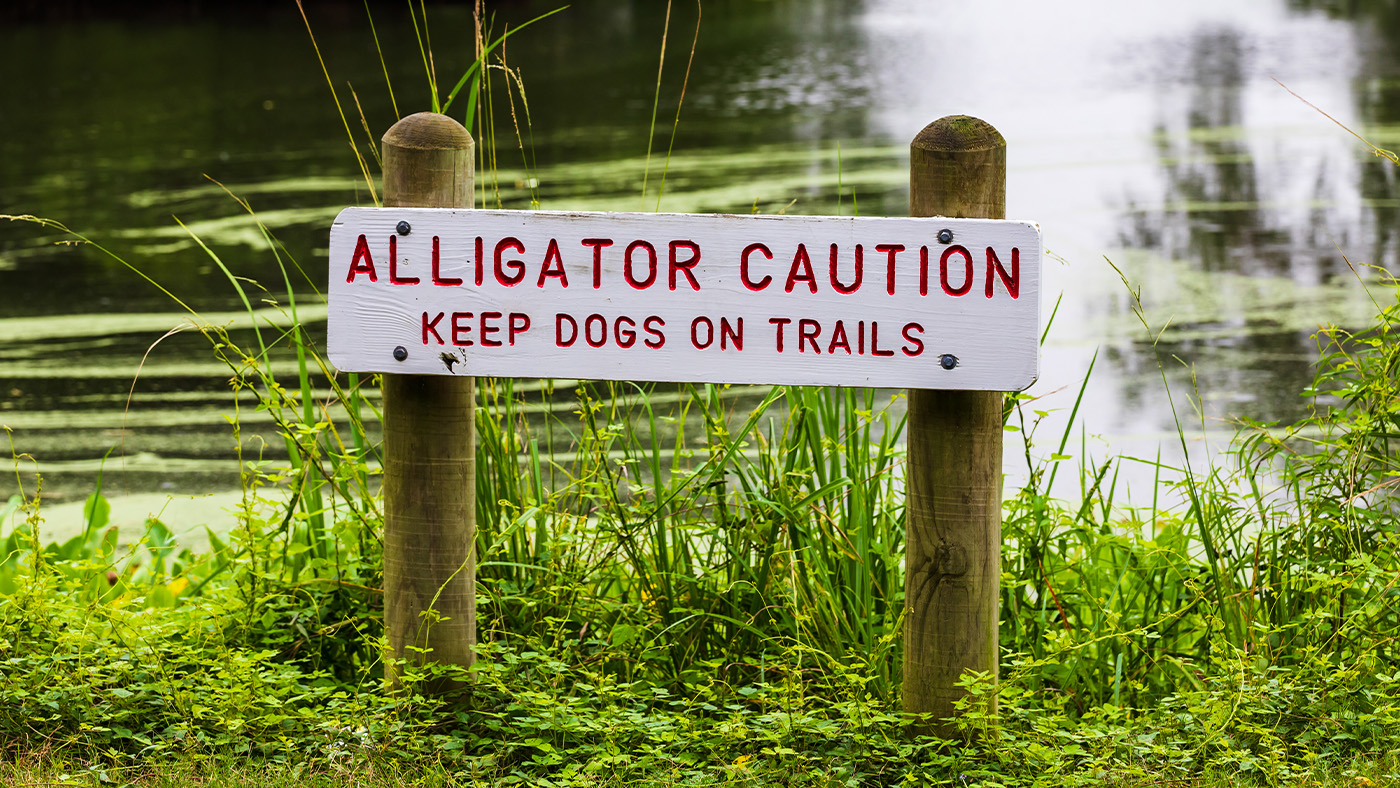What is dog food sensitivity? A vet explains
Does your dog develop symptoms after certain foods? What is dog food sensitivity, and how can you help?

If you notice that certain foods don't agree with your dog, you might wonder whether they have a food sensitivity. But what is dog food sensitivity? Well, if your pooch gets gassy when they have particular treats, or they regularly get the runs since you introduced a new food to their diet, they might have a food allergy or intolerance.
Food sensitivities can often cause diarrhea in dogs, as well as other symptoms. So if you're concerned that your dog regularly has loose stools, it might be worth looking at the best dog food for allergies. A visit to the vet will help determine the cause of their symptoms and whether an allergy is possible. In the meantime, here's some information about how to help your hound with their food sensitivity.
- Food allergies in dogs: Vet's guide to symptoms and treatment
- How much should I feed my dog? A vet's guide
What is a dog food intolerance?
Dogs can react to their food for two different reasons. Firstly, they can have an allergy to one of the ingredients. Beef, milk, and chicken are amongst the top three common food allergies in pets, although dogs can also be allergic to things like soya, wheat, and nuts, just like humans.
Aside from allergies, dogs can also be intolerant to food. If they are intolerant, they may develop similar adverse symptoms after eating particular foods. However, in this case, they are not caused by an allergic reaction. An example of this is lactose intolerance, which is the inability to break down the complex sugar in milk. A food intolerance might cause your dog to have an upset stomach, but it shouldn’t cause them to have any skin rashes or irritation like an allergy might.

Can dogs become intolerant to their food?
Just like in humans, no dog is born with an allergy. This is because the immune system must have encountered the allergen before in order to mount an allergic reaction. Dogs can also become more sensitive to fatty foods, especially if they have a history of pancreatitis.
So, it's certainly possible that your dog could develop an allergy or intolerance to a food they had previously enjoyed. The exception to this is lactose intolerance. All dogs are lactose intolerant to an extent since they don't have enough of the enzyme lactase to break down dairy sugars. However, some dogs will experience more severe signs than others.
How do you know if your dog has a food intolerance?
Dogs with food intolerances often develop symptoms like vomiting, diarrhoea, bloating, and gas. These signs will usually appear soon after eating the offending food item and may last a few days (as long as you don't continue to feed that food). Food allergies will tend to cause more chronic symptoms, and they commonly cause itchiness and skin rashes. Occasionally your dog might develop hives or swelling as a sign of their allergic reaction, but this is uncommon with food allergies.
Because food allergies can cause persistent symptoms if there is repeated exposure to an allergen ingredient, you might notice your dog losing weight too. This is because when the guts become chronically inflamed, their ability to absorb vital nutrients is reduced. Liquid diarrhoea also moves too quickly through the intestine for absorption to take place, making weight loss even more likely.
If your dog has some of the above symptoms of a food allergy, it's important to remember that dogs can also be allergic to other things. Here are four common allergies in dogs that can cause similar symptoms. It's best to book an appointment with your dog's veterinarian to discuss your concerns. Your veterinarian can do a head-to-toe examination and may recommend a diet trial or a blood test to check for allergies.

What do you feed a dog with food intolerance?
Because all dogs are lactose intolerant, avoiding dairy in their diet is quite important. Some dogs will tolerate small amounts of cheese as a treat, but since cheese is very high in fat, it's still not the healthiest choice if you want your pooch to be at their fittest.
If you notice that a particular food consistently causes your dog to have an upset tummy, perhaps because it's fatty or rich, it's best to avoid that food altogether. In general, dogs with sensitive bellies tend to do best on a low-fat diet that is particularly bland. This type of diet can also be used to ease symptoms of mild diarrhea.
If your dog has a food allergy, though, the diet recommendations are a bit different. If allergy testing has shown a particular allergy, like beef or chicken, these should be avoided. However, in many cases, a hypoallergenic diet is required. A hypoallergenic diet may contain a novel protein and carbohydrate source, which your dog is less likely to have come into contact with in the past.
Good examples of this are venison, potato, salmon, or rabbit. There are also prescription allergy foods that have been hydrolysed – a treatment that changes the structure of the food molecules, preventing the body from recognising the allergens. Your veterinarian will be able to talk you through the various options and find the best fit for your furry family member.
Conclusion
If your dog gets a runny tummy after eating certain foods, it could be a food allergy or intolerance. Depending on the cause, it might be best to avoid certain foods, or you might have to consider feeding your fur baby a hypoallergenic diet. So, if you've noticed that your dog doesn't cope so well with certain foods, speak to your veterinarian about food sensitivities.
PetsRadar Newsletter
Get the best advice, tips and top tech for your beloved Pets
Dr. Elizabeth Racine is a small animal general practice vet covering all things pet health and wellness. Her special interests include veterinary behavior, nutrition, and internal medicine.
As a freelance writer, Dr. Racine has written content for major companies in the industry such as the American Kennel Club, Merck Animal Health, Bayer PetBasics, Elanco, and CareCredit. In her free time, Dr. Racine enjoys playing trampoline dodgeball, hiking with her beagle Dasher, and spending time with her three mischievous cats.

